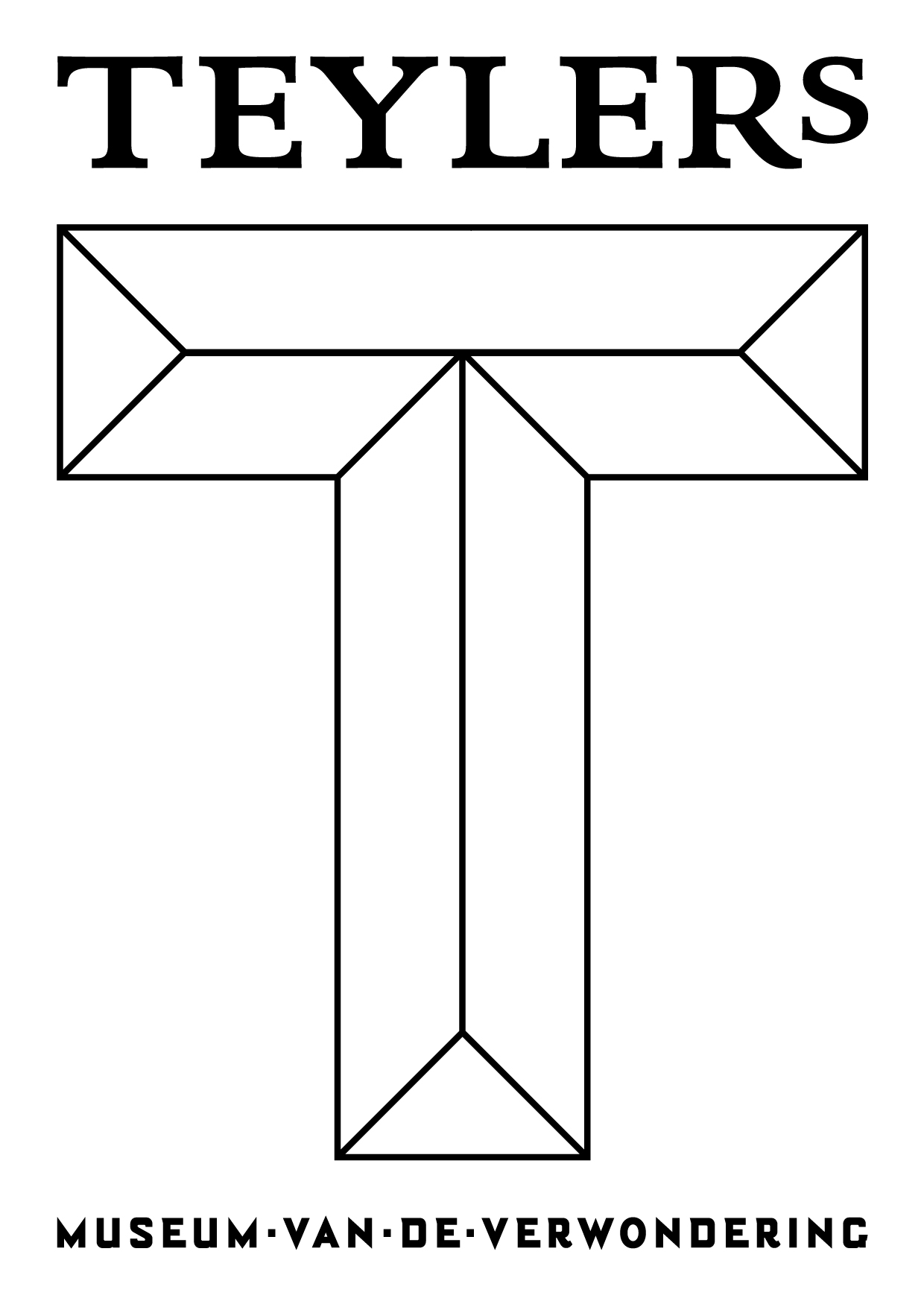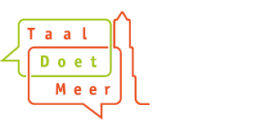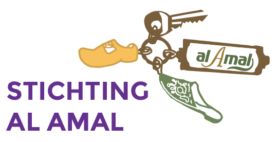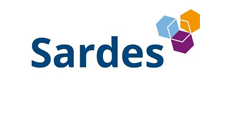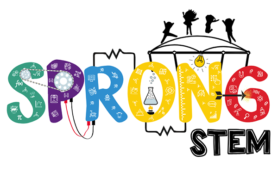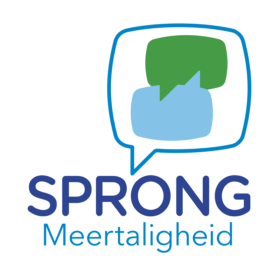Do You Want To Discuss It In Farsi?
Hello everyone, I am responsible for the subproject ‘school’. In the last couple of months, I have spoken with our partners at Wereldkidz, Voila, Spaarnesant, and Zonova. As a result of this collaboration, we decided to initially focus our research on mathematics for newcomer children. In a later stage, we intend to expand the research to children with a 2nd and 3rd generation migration background.
I spend 4 days a week doing my research at the university, where I spend my time learning about multilingualism in mathematics by reading and speaking with my colleagues and partners. I spend the 5th day working as a teaching assistant at primary school ‘De Hoogstraat’ in Leersum, a school for newcomers who live in the neighbouring asylum seekers’ centre.

Each Friday in Leersum I try to implement something I learned during my research at the university. I have mainly been studying pedagogical translanguaging which means that students are encouraged to use their home language while they learn. We want to use these strategies in class so that multilingual students feel more welcome and to help them participate (more) in class discussions.
I teach math to group 3 & 4, where several children speak Farsi. In this one instance, one of the students already understood the assignment and another one didn’t. So I said: “Do you want to discuss it in Farsi?”. Four eyes squinted back up at me. Maybe I wasn’t explaining it clearly? “X, would you like to explain it to Y in Farsi? Go ahead, you can chat in Farsi”. Now I was met with a big frown. This is one example of me experiencing that some ideas don’t necessarily immediately work in the classroom. This kind of information is extremely valuable for my research.
Thankfully there are also plenty of examples where multilingual strategies are successful at school. I was practicing counting to 10 with a Syrian student. She wasn’t very motivated at that moment and it was difficult to connect with her. Until I started to stumble my way through counting in Arabic. She immediately got excited and in that instant the roles reversed. After she taught me to count to 10 in Arabic she decided she also wanted to try it in Dutch!
Sometimes strategies work immediately and sometimes translanguaging is more difficult than expected. Even when strategies might not work immediately, we can still learn a lot from it. We need to ask ourselves, what happened that it didn’t work this time? And how can we make sure that it does work the next time?
– Lianne Stolte | PhD researcher, subproject ‘School’
Currently, this blog is only available in English and Dutch. To read it in another language we recommend using the translation tool DeepL.com.


